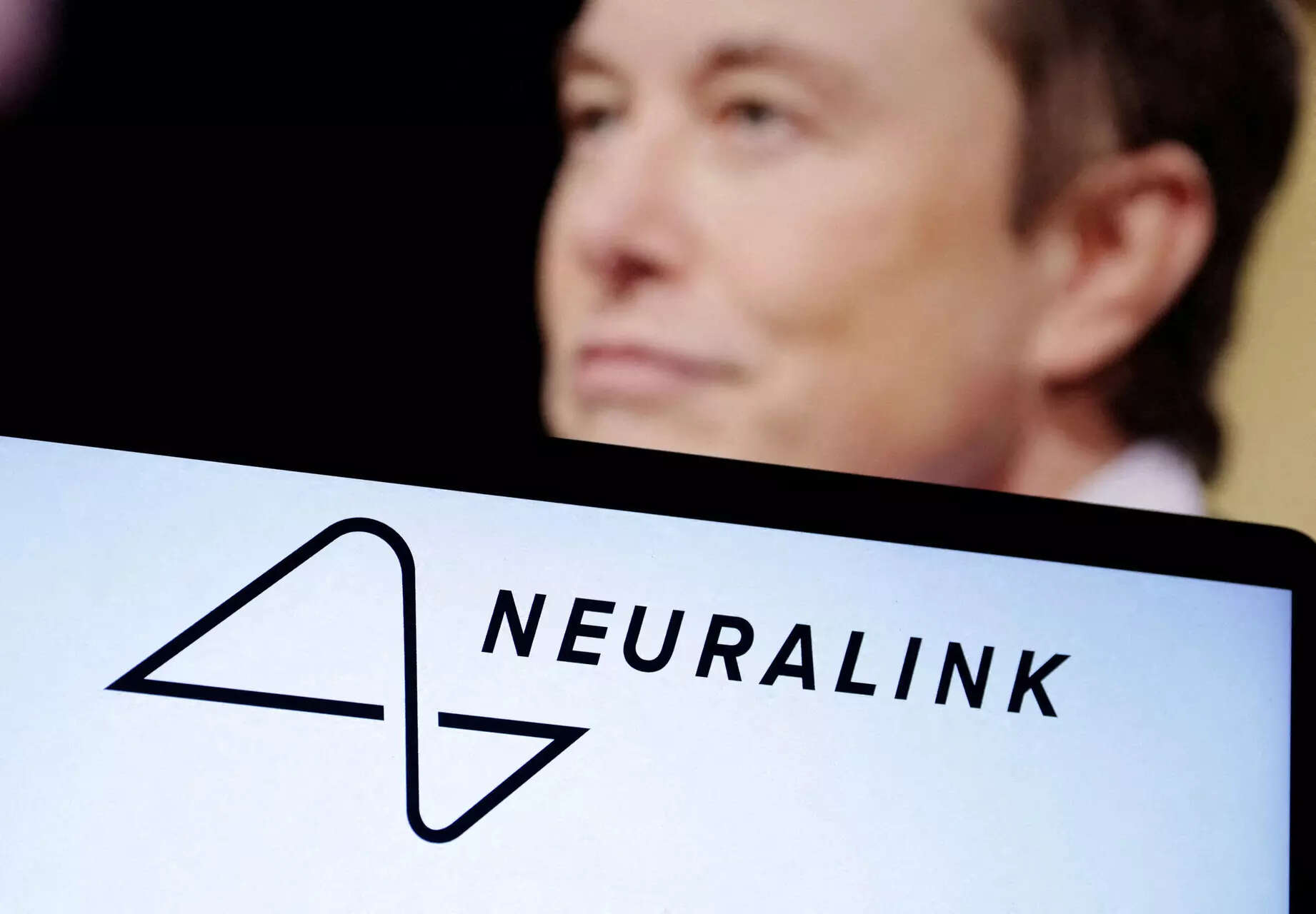Musk: Elon Musk’s plan to implant a computer in people’s brains gets a ‘big’ approval – Times of India
What are these brain computers?
Neuralink’s BCIs are made up of a thin, flexible chip that is implanted into the brain. The chip is connected to a small, wireless transmitter that sits outside the skull. The transmitter sends and receives signals between the chip and a computer.
The chip contains thousands of tiny electrodes that can record and stimulate neural activity. This allows the BCI to track brain activity and send signals back to the brain to control movement, sensation, and other functions.
Neuralink has already successfully tested its BCIs in animals. In 2019, the company showed a video of a monkey playing a video game using only its thoughts. The monkey had a Neuralink chip implanted in its brain, and the chip was able to track the monkey’s brain activity and control the movement of a cursor on the screen.
What could be the benefits of it?
Neuralink’s BCIs could be used to treat a wide range of neurological disorders, including Alzheimer’s disease, Parkinson’s disease, and spinal cord injuries. Furthermore, Neuralink’s BCIs could be used to improve human cognition by enhancing memory, learning, and attention.
function loadGtagEvents(isGoogleCampaignActive) { if (!isGoogleCampaignActive) { return; } var id = document.getElementById('toi-plus-google-campaign'); if (id) { return; } (function(f, b, e, v, n, t, s) { t = b.createElement(e); t.async = !0; t.defer = !0; t.src = v; t.id = 'toi-plus-google-campaign'; s = b.getElementsByTagName(e)[0]; s.parentNode.insertBefore(t, s); })(f, b, e, 'https://www.googletagmanager.com/gtag/js?id=AW-877820074', n, t, s); };
window.TimesApps = window.TimesApps || {}; var TimesApps = window.TimesApps; TimesApps.toiPlusEvents = function(config) { var isConfigAvailable = "toiplus_site_settings" in f && "isFBCampaignActive" in f.toiplus_site_settings && "isGoogleCampaignActive" in f.toiplus_site_settings; var isPrimeUser = window.isPrime; if (isConfigAvailable && !isPrimeUser) { loadGtagEvents(f.toiplus_site_settings.isGoogleCampaignActive); loadFBEvents(f.toiplus_site_settings.isFBCampaignActive); } else { var JarvisUrl="https://jarvis.indiatimes.com/v1/feeds/toi_plus/site_settings/643526e21443833f0c454615?db_env=published"; window.getFromClient(JarvisUrl, function(config){ if (config) { loadGtagEvents(config?.isGoogleCampaignActive); loadFBEvents(config?.isFBCampaignActive); } }) } }; })( window, document, 'script', );
For all the latest Technology News Click Here


